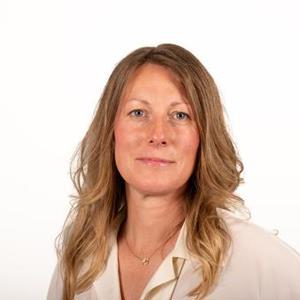In the research and development project Women STEM-UP, the goal is to break down gender stereotypes in higher education. The three-year project will focus on educational programmes within the STEM field, i.e. the subjects of science, technology, engineering and mathematics.
Vivian Vimarlund, Informatics scientist at the Department of Computer and Information Science (IDA), leads the project in collaboration with Arne Jönsson (IDA), Malin Wiger at the Department of Management and Engineering, and EU-colleagues from various disciplines including computer science and gender studies.
The research team will build, test and evaluate a training program that offers concrete examples on how to break down gender stereotypes, including building career paths, recruiting more women to educations within the field, building networks and mentoring.
Another goal of the project is to support female students in exploring and understanding the creative potential within the STEM field, including the opportunities to influence society. The researchers also aim to highlight the importance of implementing gender issues in technology projects.
The Swedish Council for Higher Education awarded the funds within the framework of Erasmus+ key action 2 regarding higher education and cooperation between organisations and institutions.


